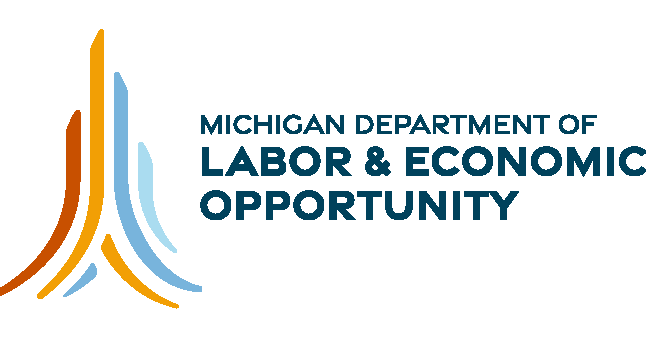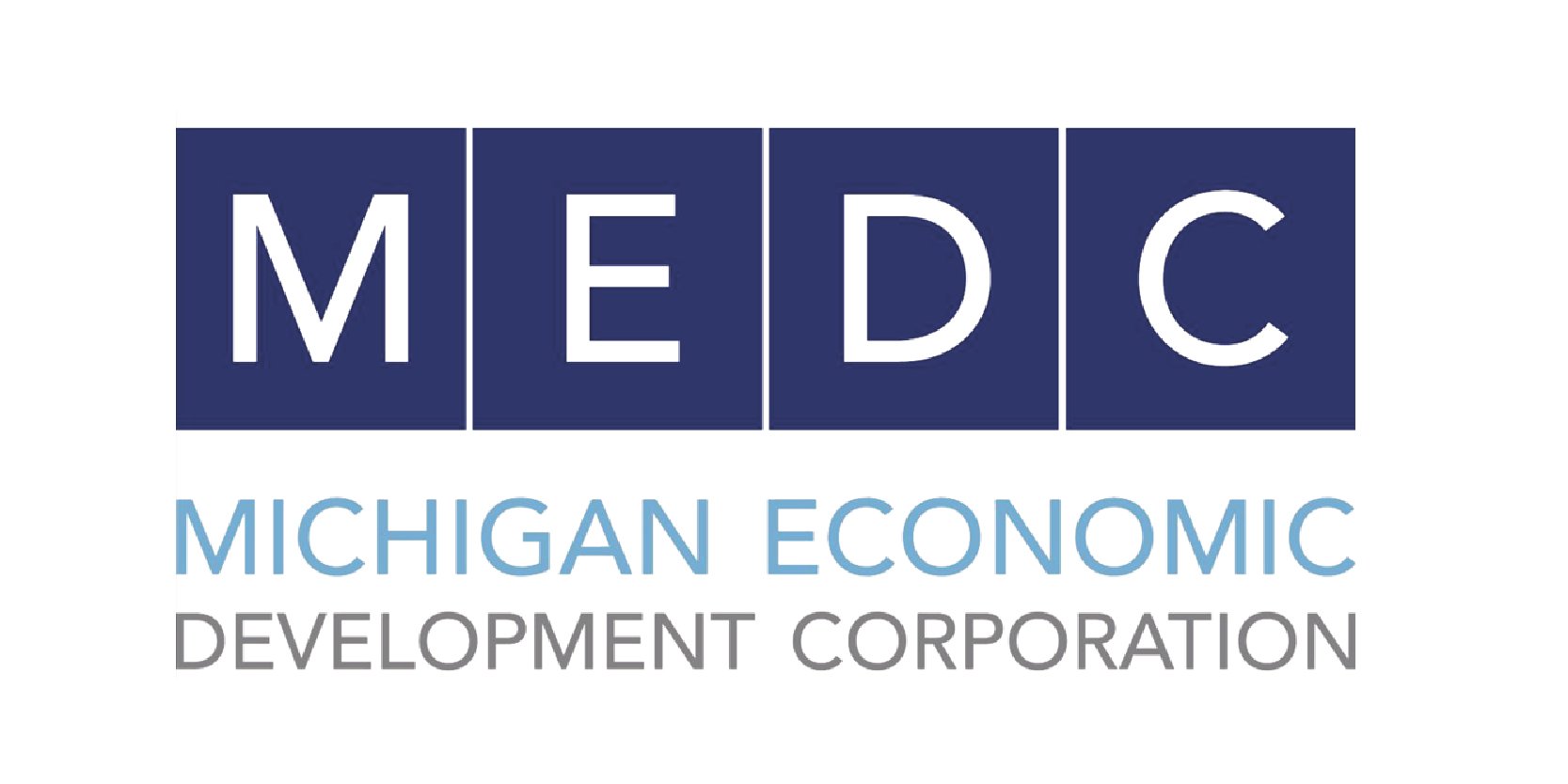
Make it in Michigan Competitiveness Fund awards additional $500,000 to help small and diverse automotive suppliers scale their businesses
LANSING, Mich.— Small and diverse automotive manufacturers in Michigan will soon have support securing funding to grow their businesses and hire more workers thanks to $9.1 million in funding from the U.S. Department of Treasury (Treasury) and a $500,000 matching grant from the Make it in Michigan Competitiveness Fund. This investment will launch the Michigan Auto Supplier Transition Program (MASTP) to support the critical steps the state is taking to help communities, businesses, and workers benefit from a clean energy future.
“Michigan built the auto industry, and we will lead its future too,” said Governor Whitmer. “Thanks to funding from the Biden-Harris administration, we are establishing the new Auto Supplier Transition Program to help small businesses grow, create and protect good-paying local jobs, and continue doubling down on their hometowns right here in Michigan. We have secured 40,000 auto jobs as well as significant electric vehicle, battery, and clean energy projects since I took office that support more than 125,000 jobs in Michigan, and with today’s investment, we will build on that momentum. Let’s keep getting it done.”
“As Michigan automakers continue building the vehicles of the future, it’s critical that the thousands of suppliers and small businesses across our state who support the industry also have the resources they need to be successful,” said U.S. Senator Gary Peters. “This funding will directly help those businesses create and retain jobs, adapt their operations, and continue supporting their local economies. I helped champion the State Small Business Credit Initiative in 2010 and again helped expand the program through the American Rescue Plan because it is a proven success, and I’m pleased it’s continuing to bolster the small business community here in Michigan.”
"Democrats and the Biden-Harris Administration have passed new laws that are bringing manufacturing jobs back home to Michigan," said U.S. Congressman Dan Kildee. "These new investments in Michigan automotive manufacturers will continue supporting good-paying jobs across the state, and ensure we make more things in Michigan."
“Small auto suppliers are crucial to our state’s auto industry and domestic supply chain, and central to the communities who have built their livelihoods in the auto industry,” said U.S. Congresswoman Debbie Dingell. “This investment will ensure they’re equipped with the resources to continue to be successful as we transition to electric vehicles and other clean energy technologies.”
“It’s essential that the cars of the future are made in America – from both an economic and national security perspective,” said U.S. Congresswoman Elissa Slotkin. “The over $9 million in federal funding announced today will ensure our small auto suppliers will be up to the task. The Michigan Auto Supplier Transition Program will help equip Michigan businesses at all levels of the auto supply chain for the manufacturing of these vehicles, so our communities stand to benefit from the transition. This investment in our industry and our workers will make our environment cleaner and our economy stronger.”
"The ongoing shift from gas-powered vehicles to EVs represents a monumental opportunity for Michigan's manufacturers,” said U.S. Congressman Shri Thanedar. “These investments from the Biden-Harris administration will ensure every small business can adapt effectively in this critical shift, and take advantage of the incredible opportunities the EV transition presents all of us.
“I’m thrilled that $9.1 million of the Bipartisan Infrastructure Law I helped pass, will be available to small and minority-owned suppliers so they can gain access to the capital and resources they need to succeed in the lower carbon economy,” said U.S. Congresswoman Haley Stevens. “This great program is key to making sure the benefits of the EV transition are felt in every Michigan community. These actions and the leadership of the Whitmer Administration will only accelerate the automotive innovation economy of the future right here in Michigan.
The Michigan Economic Development Corporation (MEDC) will oversee the program coordination and oversight, and the Michigan Department of Labor and Economic Opportunity (LEO) will also collaborate on the program, leveraging its Community and Worker Economic Transition Office. Federal support is made possible by Treasury’s State Small Business Credit Initiative (SSBCI) Investing in America Small Business Opportunity Program (SBOP).
“The Michigan Auto Supplier Transition Program will support small businesses all across the state to ensure that they can ‘Make it in Michigan’ and take advantage of the state's clean energy boom, made possible by risk-taking entrepreneurs investing our state encouraged by Governor Whitmer's clean energy legislation and other supportive measures from our state legislature,” said MEDC CEO Quentin L. Messer, Jr. “With this new program, the MEDC and our partners will empower businesses to apply for and win transformational funding, helping them grow, retain jobs, pursue additional capital investment and continue positively impacting their communities.”
MASTP will help small and diverse automotive manufacturers and aftermarket suppliers secure financing to scale their operations and will serve businesses in their shift from the internal combustion engine auto supply chain to EVs. Services will be provided through educational opportunities and in-depth business health assessments, coaching, and subject matter expert advisory. MASTP will also enable the Michigan Strategic Fund to contract with technical assistance providers to offer financial, legal, and accounting services to very small businesses (VSBs) and underserved individuals, prioritizing capital readiness, acquisition support, financial management skills, and geographic coverage.
"Michigan is at the forefront of a once-in-a-generation opportunity to lead the nation in electric vehicle manufacturing, and we’re leaving no stone unturned to ensure our businesses, communities, and workers are ready,” said LEO Senior Chief Deputy Director Jonathan Smith. “Through innovative programs like the Community and Worker Economic Transition Office and the Michigan Auto Supplier Transition Program, we're not just preparing for the future, we’re shaping it. These efforts will secure Michigan’s position as a clean energy leader while ensuring that everyone—whether you're a worker or business owner—can benefit from this new economy."
Key MASTP partners include the Michigan Minority Supplier Development Council, the University of Michigan Economic Growth Institute, Automation Alley, the Michigan Manufacturing Technology Center, and the Michigan Manufacturers Association.
This project supports the MEDC’s administration of the State Small Business Credit Initiative technical assistance and debt- and equity-based capital program goals to ensure that 40% of the overall small businesses served by this initiative are SEDI-owned or VSBs.
Michigan Mobilizes to Secure Federal Dollars
Since the passage of the Inflation Reduction Act, as well as the Bipartisan Infrastructure Law and CHIPS and Science Act, Michigan has actively mobilized to secure federal resources. Governor Whitmer proposed and secured $337 million for the Make it in Michigan Competitiveness Fund to help bring home more than Michigan’s fair share of federal resources to grow the economy and bring more projects home. To date, the fund has invested $148 million, leveraging $673 million in federal funds, a return on investment of more than 4-1. The fund supports investments in infrastructure, mobility and electrification, climate and the environment, economic development, health, and public safety.
“Under the leadership of the Biden-Harris Administration and Governor Whitmer, Michigan is leading the charge in the future of manufacturing,” said Zach Kolodin, chief infrastructure officer and director of the Michigan Infrastructure Office. “By investing in our small suppliers and our workers, we’re building an economy that empowers businesses to grow, creates good-paying jobs, protects our climate, and ensures a brighter future for all. These investments are not just about keeping Michigan competitive—they are about creating lasting, meaningful change that benefits every community across the state.”
ABOUT THE MICHIGAN INFRASTRUCTURE OFFICE
The Michigan Infrastructure Office is responsible for organizing and executing Governor Whitmer’s vision for infrastructure, coordinating across state government, marshaling resources, and partnering with local officials, federal partners, and outside stakeholders to ensure resources sent to Michigan through BIL, also known as the Infrastructure Investment and Jobs Act (IIJA), are used efficiently and effectively.















